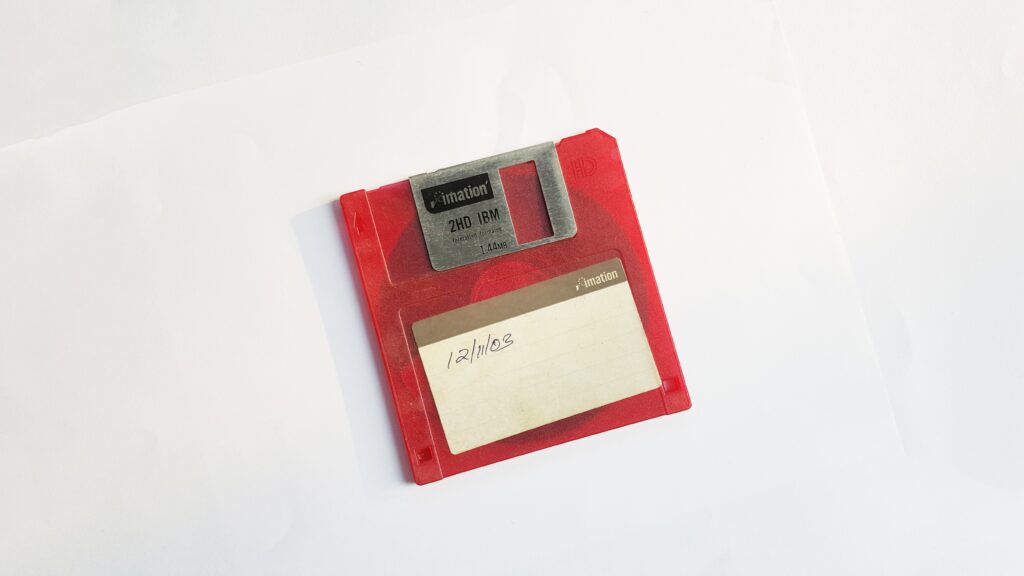
We have a very old iPad in our house. Due to its age, the operating system can no longer can be updated as the latest operating system takes more memory than exists on the whole iPad. Apple no longer supports or services it. And yet, it works fine and does what we need it to. We have other devices which are newer and can perform the more sophisticated functions.
Most digital products have a minimum level of memory required and a minimum version of an operating system that it will work on or support. They do this to make the ongoing support manageable. Very few products work on Windows 7 or XP anymore.
It also indicates who they see as their customers. Those who live with less financial resources tend not to have the latest technology, gadgets, or operating systems. There often is a socio-economic divide apparent in digital access and usage.
What is true for technology companies is also true for humanitarian organisations. Most organisations have developed digital systems and use digital tools in their work. Many UN and International NGOs have highly sophisticated technology systems, some included cutting edge, innovative technology.
The challenge becomes when we work with (aka sub-contract) ‘local’ (and often small) organisations. Most of these organisations have very limited financial resources and have not invested heavily in technological systems. Many are using free tools on phones and devices which are years old running very old operating systems (similar to the iPad in our house). The problem arises when the larger (more resourced organisations) tell the ‘local’ organisations they need to do everything digital and connect into the large organisation’s systems. The ‘local’ organisations can’t because their systems are too old. Unfortunately, when this occurs we blame the ‘local’ organisations and shame them.
We often fail to look at ourselves. We fail to acknowledge an error in our designs. In our designs we failed to correctly identify who are ‘customers’ were. Or perhaps we did identify our ‘customers’ and ‘local’ organisations were not one of them regardless of how much we talk about ‘localisation’.
The ‘solution’ often proposed and pushed is to give the ‘local’ organisation access to our systems. For them to use our system. However, technology is never just about the tool, it’s about processes, people, culture and context too. When we impose our digital systems on the other, are we not just imposing a different form of colonialism? We can give access to the systems, but then we are also imposing our business processes on them, we often also fail to provide capacity, new devices, and so on. And to top it off, we often tell them that any data in our system belongs to us, no longer to them. And so, by imposing our systems on these ‘local’ organisations we are often leaving them weaker in the long run than stronger.
Perhaps it’s time to rethink localisation and our approach.
Photo by Fredy Jacob

0 Comments